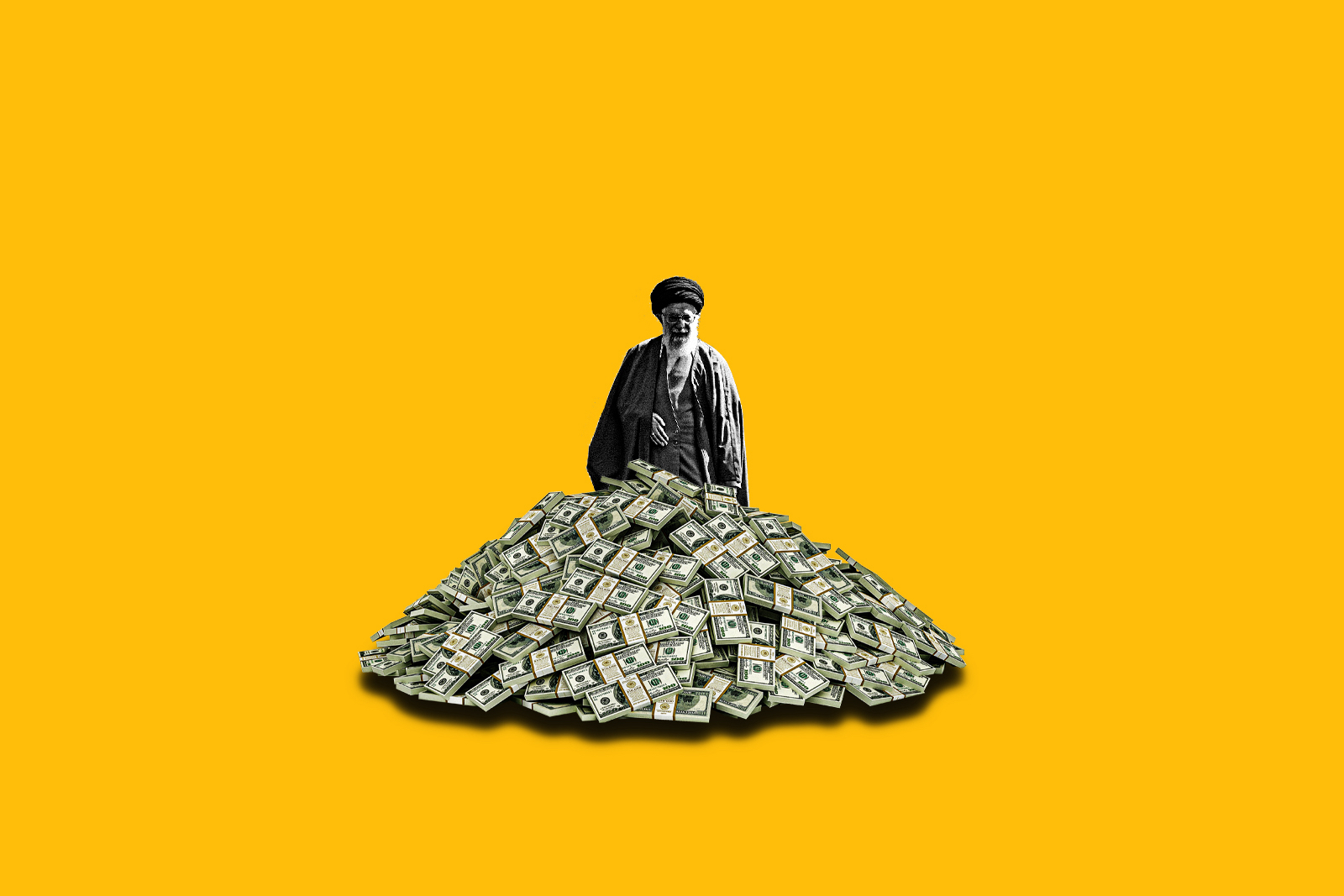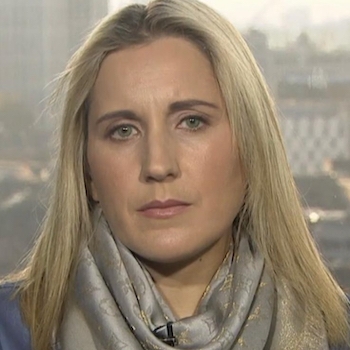
Are Countries Abusing Lax Charity Laws?
As the Islamic Republic of Iran sends its security forces to rain death on those who continue to call for the end of Ali Khamenei’s theocratic rule, Western capitals are slowly grappling with the notion that the regime, for all the many sanctions imposed on its industries and financial sector, remains a potent adversary – capable of commandeering billions of dollars through illicit means.
Although few will argue that sanctions have not been effective – indeed they allowed for economic containment, their reach has been greatly challenged by the regime’s ability, and it must be said, a propensity to devise circumvention tactics, mainly through illicit financing, money laundering, and aid misappropriation.
In June, the U.S. Treasury Department published a statement in which it identified such networks, warning against Iran’s sprawling terror network, and the threat that it poses to the region and the globe.
“Over the past five years, TFTC [Terrorist Financing Targeting Center] member states have addressed a broad range of terrorist financing activity in the Arabian Peninsula, with the goal of strengthening regional defenses and capabilities to counter terrorist financing,” said Brian Nelson, the Under Secretary of the Treasury for Terrorism and Financial Intelligence. “The TFTC’s actions today signal the determination and commitment of TFTC member states to continue to work towards these goals, as well as unity in the commitment to root out the full scope of terrorist financing activity.”
In the UK, government officials and parliamentarians have been keen to combat terror financing, to better oppose the rise of Islamic radicalism – a direct threat to Britain’s national security. But the task is arduous – mainly for a lack of understanding of the rationale employed by the Islamic Republic as it continues to exploit our laws and institutions.
Two sectors have proven to be most at risk: our humanitarian aid programs and NGO funding financial system.
Earlier this September, the Henry Jackson Society hosted an event at the House of Lords with the Israeli-based NGO Monitor, to discuss both so that UK officials could draw from their findings to better adapt their policies.
Indeed, in our omission to demand accountability and transparency, countless humanitarian organisations have leveraged their status under humanitarian law to access funds, which have been rerouted towards the dissemination of unsavoury narratives and at times, towards the furnishing of networks falling under the ideological remit of Tehran.
The issue of misappropriation is one that affects us all by virtue of the origin of the funds – mainly taxpayer money. In 2019, the Daily Express revealed how the UK had disbursed an estimated £16 million in foreign aid to Tehran between 2013 and 2017, apart from “aid through international agencies funded by the UK, including the EU and the UN.”
In view of the threat to Western democracies, it has become crucial we need to rethink our positions and the many ways we have helped contribute, even if unwittingly, both at home or abroad, to the strengthening of theocratic and autocratic regimes.
The devil here lies not in the details but in our government’s sheer inability and unwillingness to make transparency a requirement to receive funding. Our obligations here are three-fold: to ensure that aid is distributed to the right parties so that communities and aid organizations can continue to function; to guarantee that in doing so we keep to the rule of law; and that all transfer of funds remains legitimate both in origin and allocation.
To do so otherwise would be to betray the very principles we stand for, never mind the fact that it would equate to an exercise in self-flagellation. Let’s not hand ourselves to the pyres of radicalism on account we lacked the resolve to denounce its manipulation. And since we can no longer argue ignorance then our only course of action is in fact to demand accountability.
NGO Monitor and other groups have been instrumental in exposing the many cases of abuse that exist in groups that have funneled humanitarian aid to countries that seek to undermine Western democracies.
Against the remit of its own mandate, the UK Charity Commission has yet to address the issue of aid misappropriation, its hands tied by legislation which forbids de-registering charities, even if they prove to be institutionally problematic.
Surely, we ought to do better!
